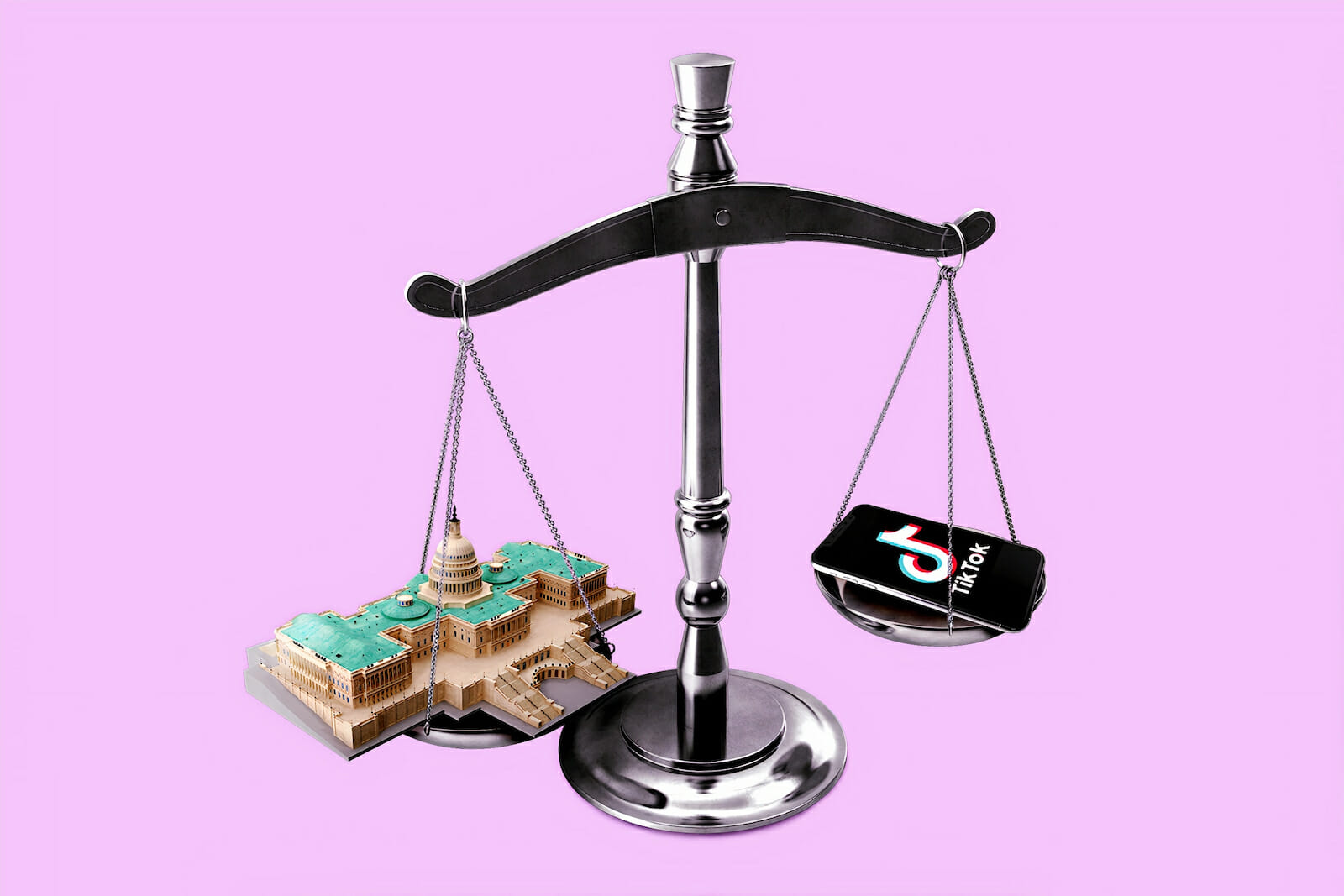
Tech
TikTok’s U.S. Ban May Present Even More Tech Threats
The social media world is no stranger to controversy, but TikTok may be the most poignant example yet. Following fears about the app’s Chinese parent company, President Trump said he plans to ban TikTok, which the public didn’t take lying down. Fans of the video-sharing app have raised their voices, but the problems concerning a ban could go beyond entertainment.
Concerns over TikTok arise from its owner, ByteDance, a massive Chinese tech company. China’s strict security and censorship laws could give the Chinese government access to TikTok’s user data. Given the app’s astronomical success in the U.S., some people worry it could cause Americans’ data to fall into the hands of an adversarial foreign government.
It must be stressed that the idea of China using TikTok as an espionage tool is concerning. However, a ban would raise some new issues, including suppressing free speech here in America.
A Potentially Dangerous Precedent
Banning one entertainment app may seem mostly inconsequential at first. After all, how much can it affect society if people can’t share dancing videos on a specific platform? It’s not TikTok itself that makes a ban problematic, but rather the precedent it sets.
If the government removes one app, what’s to stop it from doing the same in the future? With that precedent to point to, leaders could support bans on other apps they don’t like. When the government can ban social platforms as they please, they could hinder people’s freedoms and silence their voices.
In a similar 2016 case, the Supreme Court acknowledged that restricting access to social media prevents users from exercising their First Amendment rights. Technology is a crucial part of how people practice free speech today. The precedent of restricting these platforms is a legacy of limiting free expression.
A TikTok ban could be the start of a trend where governments divide and restrict the Internet. These divisions, which some scholars call digital Berlin Walls, transform the Internet from a place for free international discussion into tools for nationalism and propaganda. Restrictions like this fly in the face of what gives the Internet so much potential in the first place.
Security Concerns Linger, but Banning Is Not the Solution
However, security concerns over TikTok aren’t entirely unfounded. ByteDance has given in to the Chinese government in the past, making TikTok’s relation to the government suspicious. As the world becomes increasingly digitized, cyber threats from foreign governments are a legitimate concern.
Cyberattacks cost Americans hundreds of millions of dollars every year, so cybersecurity is a matter of national security. That doesn’t quite justify an authoritarian response like a ban, though. There are other steps the government can take to protect both cybersecurity and democracy.
Since the central issue here is one of data security, requiring apps to be transparent about data usage is a critical step. Compelling TikTok to prove how it protects American users’ data from China will help soothe fears over its security without sacrificing democracy. This practice could then apply to all apps and platforms as a whole, not just TikTok.
Balancing Safety and Democracy in the Digital Age
Technology is breaking down international barriers, and that comes with its fair share of concerns. As tech improves and becomes a more significant part of our lives, questions about security and privacy are more relevant than ever. There is still such a thing as an overreaction, though.
Balancing security and freedom is rarely straightforward, but authorities have to be careful not to overstep boundaries. Banning TikTok could create more problems in the tech world than it solves. The government should hold app companies to a higher standard, but banning misses the mark.

